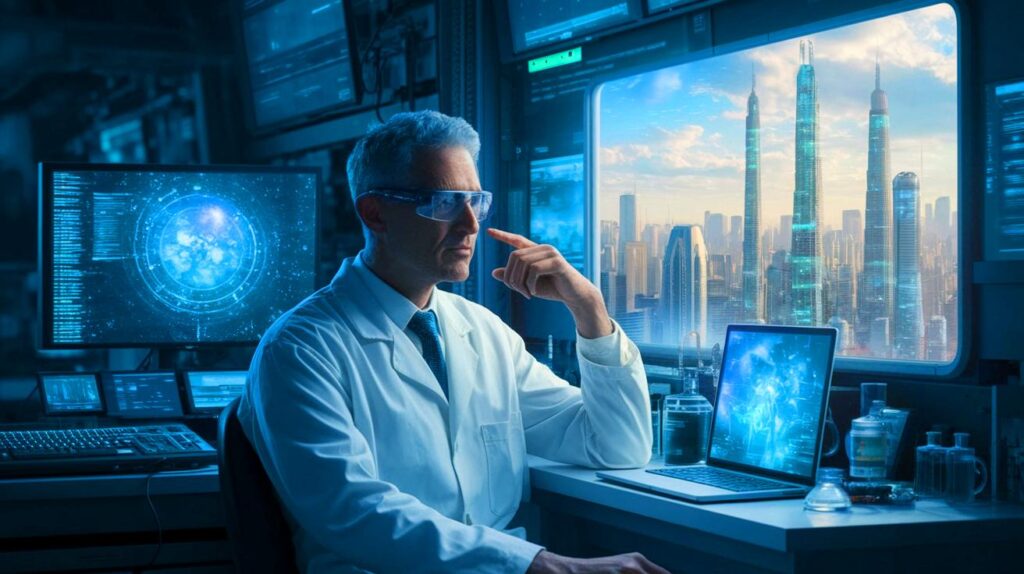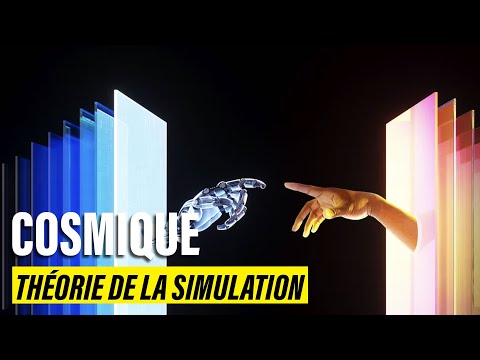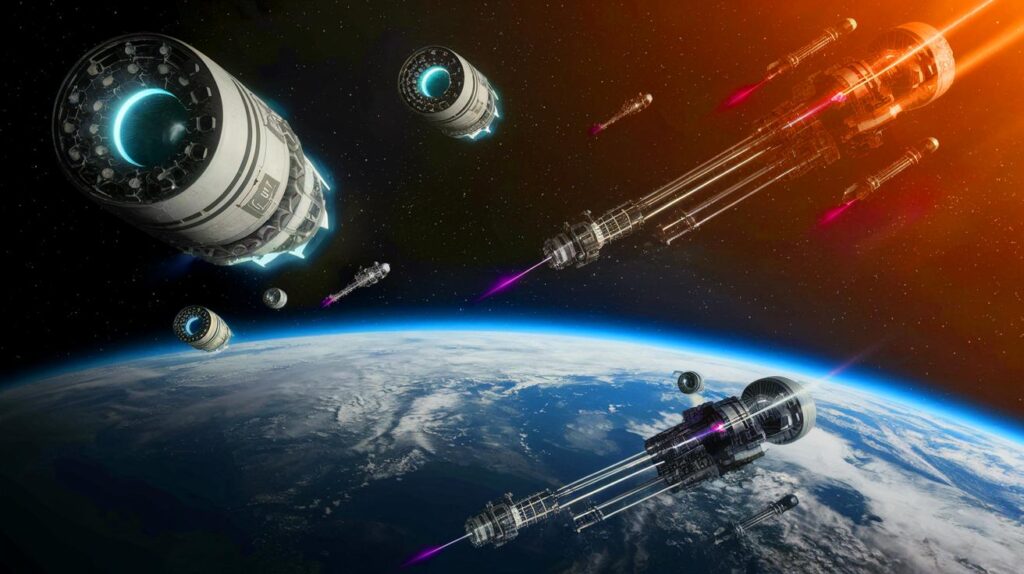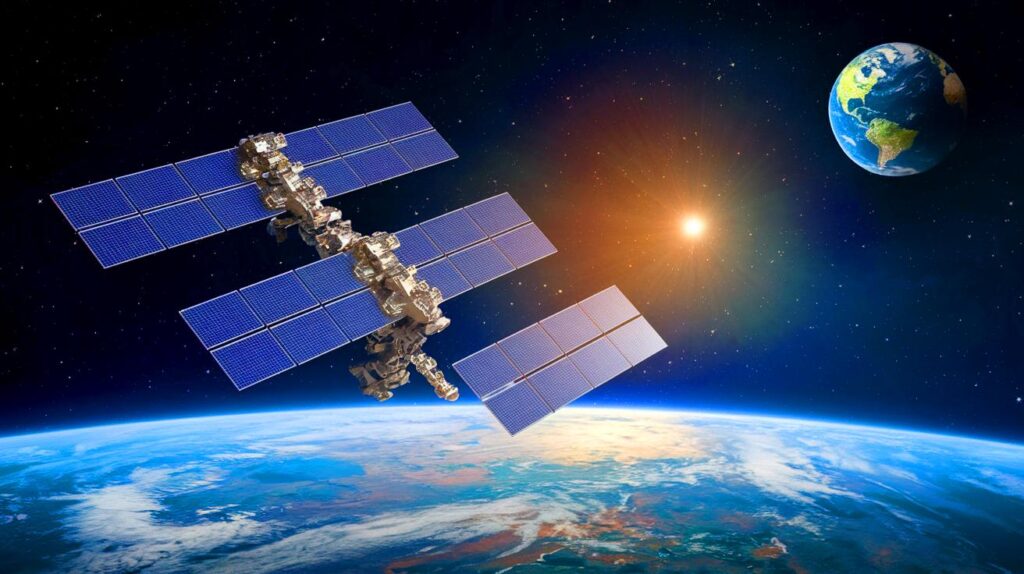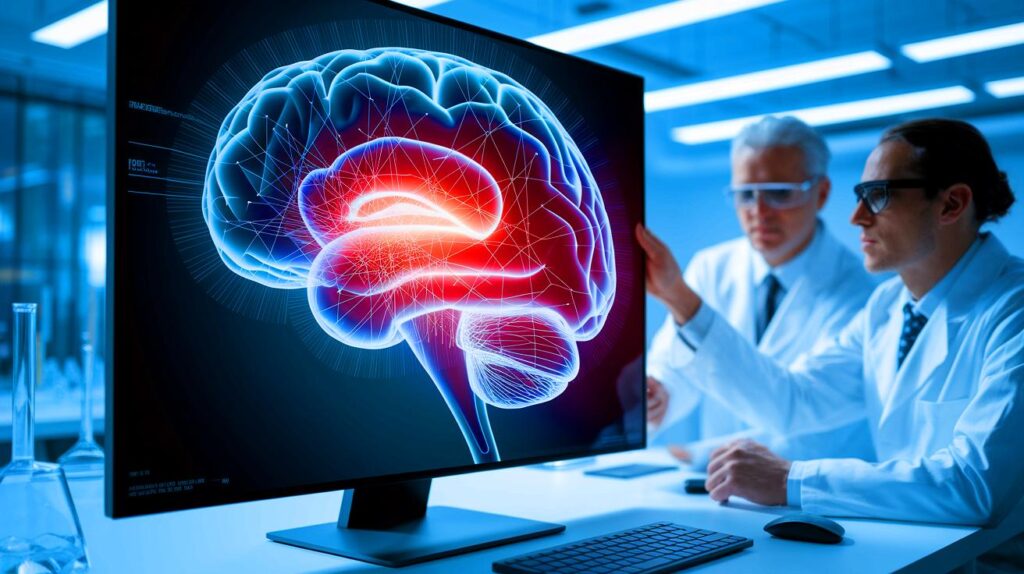| IN BRIEF |
|
The concept of a simulated universe is as fascinating as it is intriguing. For decades, philosophers and scientists have explored this possibility, but researcher Melvin Vopson from the University of Portsmouth claims to have found tangible proof. Based on his Law of Infodynamics, Vopson proposes that the nature of the universe could be digital. This captivating hypothesis still requires rigorous validation before being accepted by the scientific community, yet it paves the way for exciting discussions about the very nature of the reality around us.
The Law of Infodynamics: A New Perspective
Melvin Vopson presents a revolutionary approach with his Law of Infodynamics. This law suggests that entropy in information systems does not evolve in the same manner dictated by the second law of thermodynamics. While the latter asserts that entropy, or disorder, can only increase or remain constant in an isolated system, Vopson observes that informational entropy can actually decrease. This observation strongly contrasts established principles of physics, raising numerous questions. For Vopson, this reduction of entropy in information systems might indicate an optimization and compression of data, typical characteristics of a simulated universe. Though this bold hypothesis needs further in-depth research for validation, it challenges our traditional understanding of the universe.
The Implications of the Theory on Biology and Cosmology
The application of the Law of Infodynamics is not limited to informational systems. Vopson also explores its implications across various fields such as cosmology and biology. For instance, he suggests that, contrary to Darwinian evolution where mutations are considered random, these mutations could actually be driven by an optimization of informational entropy. This radical idea could transform our understanding of evolution. Additionally, Vopson applies his theory to the study of the SARS-CoV-2 virus, demonstrating a unique correlation between information and genetic mutation dynamics. These findings could provide new insights into how mutations occur and evolve.
An Optimized Universe for Simulation
According to Vopson, if our universe is a simulation, it would require complex data optimization to function efficiently. This idea manifests in the observation of mathematical symmetries and biological systems that seem to follow a data compression pattern. The notion of reduced computing power and data storage requirements aligns with what we observe in our universe. This perspective could not only enhance our understanding of the universe but also pave the way for new scientific inquiries. Although this hypothesis is intriguing, it must be examined carefully and will require solid evidence to gain acceptance within the scientific community.
The Need for Rigorous Validation
Although Vopson’s ideas are thought-provoking, they face some resistance within the scientific community. The validation of the theory of infodynamics requires rigorous testing to be taken seriously. Numerous studies contradict the idea of a digital universe, and debates on this question are far from resolved. However, Vopson’s research might lead to interesting and unexpected discoveries. The quest to understand the nature of our reality continues to inspire scientists worldwide. But how far will these new theories take us?
Melvin Vopson’s theories spark an exciting debate about the nature of our universe. While some reject the notion of a simulated universe, others believe it could represent a major advancement in our understanding of reality. As research progresses, it remains to be seen whether Vopson’s hypothesis will prove to be a scientific breakthrough or merely a stepping stone toward other discoveries. What implications could these findings have on our perception of the universe and our place within it?

